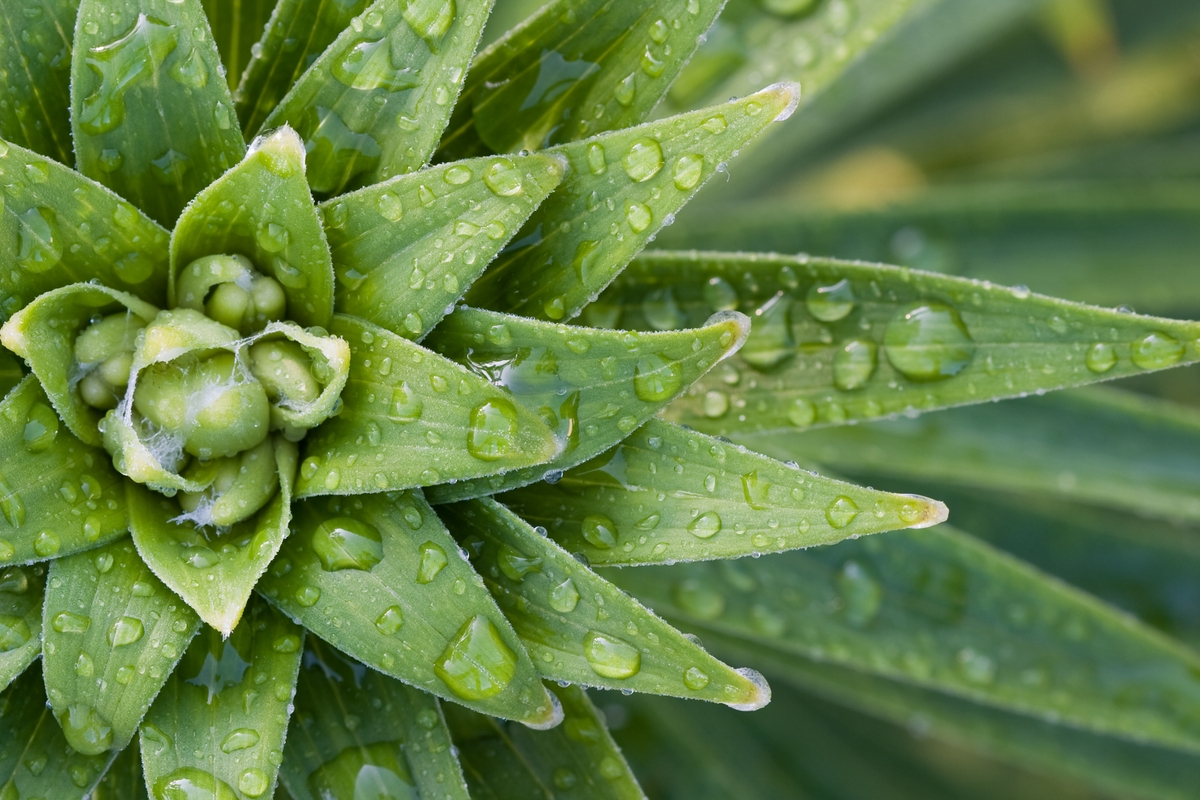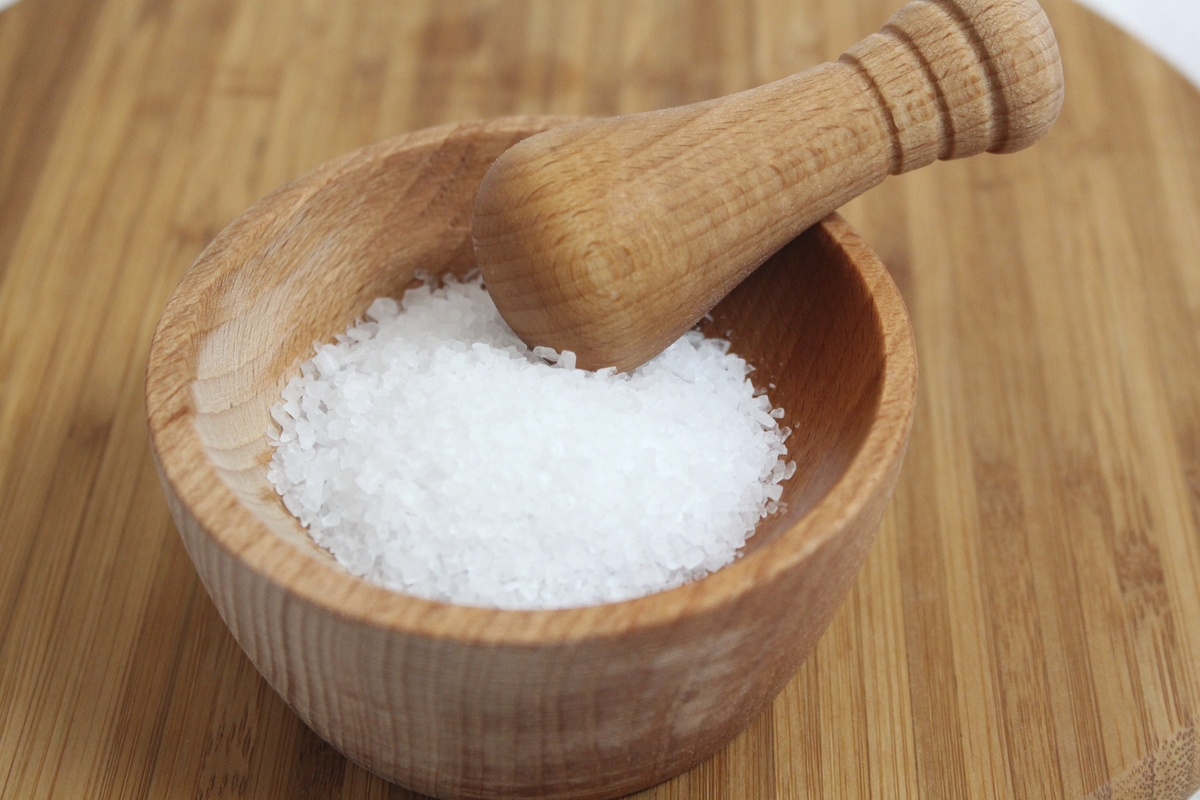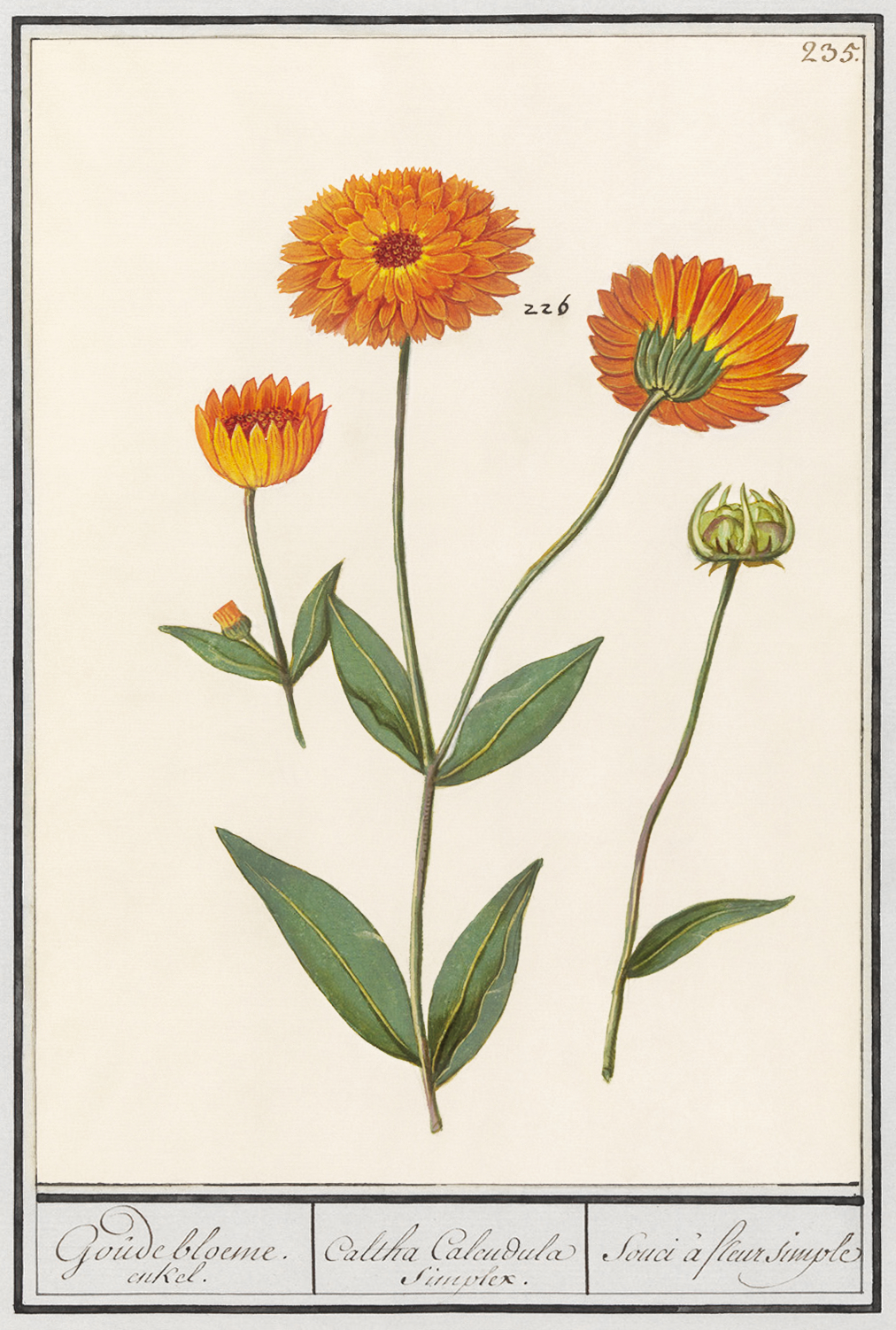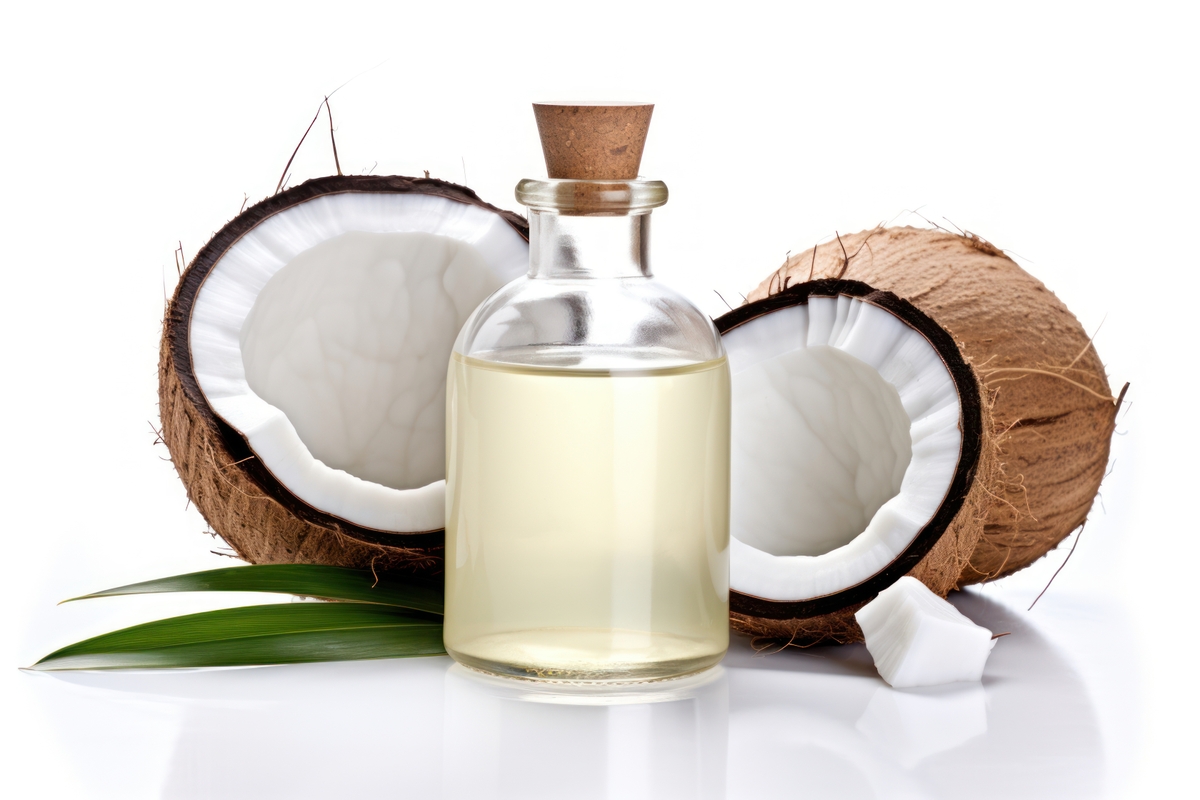
Olde World Remedies for Outside the Body
Olde world remedies are traditional healing practices that have been used for centuries to treat a wide range of ailments. Many of these remedies are based on natural ingredients and simple methods, and they can be remarkably effective in relieving symptoms and promoting healing.
Some olde world remedies are specifically designed to be used on the outside of the body. These remedies can be used to treat a variety of conditions, such as skin conditions, wounds, and infections.
The best remedy for outside the body that was discovered in the 1500’s is aloe vera. Aloe vera is a plant that has anti-inflammatory and cooling properties. Aloe vera gel can be applied to the skin to soothe burns, cuts, and sunburns.
Aloe vera was first discovered in the 1500s by Spanish explorers in the Caribbean. The Spanish explorers used aloe vera gel to treat their burns and wounds. Aloe vera quickly became a popular remedy for a variety of skin conditions, and it is still used today.
Aloe vera is a safe and effective remedy for a variety of conditions outside the body. It is also relatively inexpensive and easy to find. Aloe vera gel can be purchased at most drugstores and grocery stores.
Here are some of the benefits of using aloe vera for conditions outside the body:
- Aloe vera can soothe burns: Aloe vera gel can be applied to burns to help soothe the pain and reduce inflammation. Aloe vera can also help to heal burns more quickly.
- Aloe vera can help to heal wounds: Aloe vera gel can be applied to wounds to help promote healing. Aloe vera can also help to reduce the appearance of scars.
- Aloe vera can soothe sunburns: Aloe vera gel can be applied to sunburns to help soothe the pain and reduce inflammation. Aloe vera can also help to heal sunburns more quickly.
- Aloe vera can treat acne: Aloe vera gel can be applied to the skin to help treat acne. Aloe vera has antibacterial and anti-inflammatory properties that can help to reduce acne breakouts.
- Aloe vera can treat eczema: Aloe vera gel can be applied to the skin to help treat eczema. Aloe vera can help to soothe the itching and inflammation associated with eczema.

If you are looking for a safe and effective remedy for conditions outside the body, aloe vera is a great option. Aloe vera is relatively inexpensive and easy to find, and it has a variety of benefits for the skin.
The best remedy for outside the body that was discovered in the 1600s is tea tree oil. Tea tree oil is an essential oil that has antibacterial and antifungal properties. It can be used to treat a variety of skin conditions, including acne, athlete’s foot, and ringworm. It can also be used to treat wounds and infections.
Tea tree oil was first discovered in the 1600s by the Aboriginal people of Australia. The Aboriginal people used tea tree oil to treat a variety of ailments, including skin conditions, wounds, and infections. Tea tree oil quickly became a popular remedy in Europe, and it is still used today.
Tea tree oil is a safe and effective remedy for a variety of conditions outside the body. It is also relatively inexpensive and easy to find. Tea tree oil can be purchased at most drugstores and health food stores.
Here are some of the benefits of using tea tree oil for conditions outside the body:
- Tea tree oil can treat acne: Tea tree oil can be applied to the skin to help treat acne. Tea tree oil has antibacterial and anti-inflammatory properties that can help to reduce acne breakouts.
- Tea tree oil can treat athlete’s foot: Tea tree oil can be applied to the feet to treat athlete’s foot. Tea tree oil has antifungal properties that can help to kill the fungus that causes athlete’s foot.
- Tea tree oil can treat ringworm: Tea tree oil can be applied to the skin to treat ringworm. Tea tree oil has antifungal properties that can help to kill the fungus that causes ringworm.
- Tea tree oil can treat wounds: Tea tree oil can be applied to wounds to help promote healing and prevent infection. Tea tree oil has antibacterial and antifungal properties that can help to kill bacteria and fungus that can cause infection.
- Tea tree oil can treat infections: Tea tree oil can be applied to the skin to treat a variety of infections, including ear infections and sinus infections. Tea tree oil has antibacterial and antiviral properties that can help to kill bacteria and viruses that can cause infection.
If you are looking for a safe and effective remedy for conditions outside the body, tea tree oil is a great option. Tea tree oil is relatively inexpensive and easy to find, and it has a variety of benefits for the skin.
How to Use Tea Tree Oil for Conditions Outside the Body
Tea tree oil should be diluted with a carrier oil before being applied to the skin. A good ratio to use is one drop of tea tree oil to ten drops of carrier oil, such as coconut oil or jojoba oil. Once the tea tree oil is diluted, it can be applied to the affected area using a cotton swab or ball.
Tea tree oil can be used up to three times per day. If you experience any irritation, discontinue use immediately.
It is important to note that tea tree oil should not be ingested. Ingesting tea tree oil can be harmful to your health.
If you are using any other medications or herbal remedies, it is important to talk to your doctor before using tea tree oil. Tea tree oil can interact with other medications, so it is important to be aware of the potential risks.

Epsom salt has been used for centuries to treat a variety of ailments, including skin conditions, wounds, and muscle aches. It is also a popular ingredient in many bath products and spa treatments.
Here are some of the benefits of using Epsom salt for conditions outside the body:
- Epsom salt can soothe skin conditions: Epsom salt baths can help to soothe a variety of skin conditions, including eczema, psoriasis, and sunburn. Epsom salt has anti-inflammatory and antibacterial properties that can help to reduce inflammation and infection.
- Epsom salt can promote healing: Epsom salt baths can help to promote healing of wounds and bruises. Epsom salt contains magnesium, which is essential for wound healing.
- Epsom salt can relieve muscle soreness: Epsom salt baths can help to relieve muscle soreness and fatigue. Epsom salt contains magnesium, which can help to relax muscles and reduce inflammation.
How to Use Epsom Salt for Conditions Outside the Body
To take an Epsom salt bath, simply add 1-2 cups of Epsom salt to a warm bath. Soak in the bath for 20-30 minutes. Epsom salt baths can be taken as often as needed.
Epsom salt can also be applied topically to the skin. To do this, simply mix one part Epsom salt with two parts water to form a paste. Apply the paste to the affected area and leave it on for 20-30 minutes. Rinse the paste off with warm water.
Epsom salt is a safe and effective remedy for a variety of conditions outside the body. It is also relatively inexpensive and easy to find. Epsom salt can be purchased at most drugstores and grocery stores.
It is important to note that Epsom salt should not be ingested. Ingesting Epsom salt can cause diarrhea and other gastrointestinal problems.
If you are using any other medications or herbal remedies, it is important to talk to your doctor before using Epsom salt. Epsom salt can interact with other medications, so it is important to be aware of the potential risks.
The best remedy for outside the body that was discovered in the 1800s is antiseptics. Antiseptics are substances that kill bacteria and other microorganisms. Antiseptics were first used in the 1800s to prevent infection during surgery. Today, antiseptics are used in a variety of settings, including hospitals, clinics, and homes.

There are many different types of antiseptics, including alcohol, iodine, and hydrogen peroxide. Antiseptics can be used to clean the skin, to disinfect surfaces, and to flush wounds.
Here are some of the benefits of using antiseptics for conditions outside the body:
- Antiseptics can prevent infection: Antiseptics can help to prevent infection by killing bacteria and other microorganisms that can cause infection.
- Antiseptics can help to heal wounds: Antiseptics can help to heal wounds by killing bacteria and other microorganisms that can delay healing.
- Antiseptics can reduce the risk of spreading infection: Antiseptics can help to reduce the risk of spreading infection by killing bacteria and other microorganisms on surfaces and on the skin.
How to Use Antiseptics for Conditions Outside the Body
Antiseptics should be used according to the directions on the label. Some antiseptics can be irritating to the skin and eyes, so it is important to use them carefully.
To use an antiseptic to clean the skin, simply apply a small amount of the antiseptic to the skin and rub it in gently. Rinse the antiseptic off with warm water.
To disinfect a surface, simply apply a small amount of the antiseptic to the surface and let it sit for the time specified on the label. Rinse the antiseptic off with water.
To flush a wound, simply apply a small amount of the antiseptic to the wound and let it sit for the time specified on the label. Rinse the antiseptic off with water.
Antiseptics are a safe and effective way to prevent infection and to clean and disinfect wounds. They are also relatively inexpensive and easy to find. Antiseptics can be purchased at most drugstores and grocery stores.
It is important to note that some antiseptics can interact with other medications or herbal remedies. If you are using any other medications or herbal remedies, it is important to talk to your doctor before using an antiseptic

Here are some of the best olde world remedies for outside the body that remain today:
- Aloe vera: Aloe vera is a plant that has anti-inflammatory and cooling properties. Aloe vera gel can be applied to the skin to soothe burns, cuts, and sunburns.
- Coconut oil: Coconut oil is a natural moisturizer that can be used to treat dry skin and eczema. Coconut oil can also be used to remove makeup and to clean the teeth.
- Tea tree oil: Tea tree oil is an essential oil that has antibacterial and antifungal properties. Tea tree oil can be used to treat acne, athlete’s foot, and other skin conditions.
- Calendula: Calendula is an herb that has anti-inflammatory and wound-healing properties. Calendula ointment can be applied to cuts, scrapes, and eczema to promote healing.
- Arnica gel: Arnica gel is a topical gel that can be used to relieve pain and inflammation. Arnica gel is often used to treat bruises, sprains, and muscle aches.
- Epsom salt baths: Epsom salt baths are a relaxing and pain-relieving treatment. Epsom salt contains magnesium, which can help to reduce inflammation and muscle soreness.
- Baking soda: Baking soda is a mild alkaline substance that can be used to soothe itchy skin and relieve inflammation. It can also be used to disinfect wounds and prevent infection.
- Vinegar: Vinegar is a mild acidic substance that can be used to clean and disinfect wounds, as well as to soothe itchy skin.
These are just a few of the many olde world remedies that can be used to treat conditions outside the body. These remedies are generally safe for most people, but it is important to talk to your doctor before using any herbal remedies, especially if you are pregnant or breastfeeding.

How to Use Olde World Remedies for Outside the Body
Olde world remedies for outside the body can be used in a variety of ways. Some remedies can be applied directly to the skin, while others can be added to bath water or used to make compresses.
Here are some tips for using olde world remedies for outside the body:
- Aloe vera: Aloe vera gel can be applied directly to the skin. To use aloe vera gel, simply apply a small amount of the gel to the affected area and massage it in gently. Aloe vera gel can be used as often as needed.
- Coconut oil: Coconut oil can be applied directly to the skin or added to bath water. To use coconut oil as a moisturizer, simply rub a small amount of oil into your skin. To use coconut oil as bath oil, add a few tablespoons of oil to the bath water.
- Tea tree oil: Tea tree oil should be diluted with a carrier oil before being applied to the skin. A good ratio to use is one drop of tea tree oil to ten drops of carrier oil, such as coconut oil or jojoba oil. Once the tea tree oil is diluted, it can be applied to the affected area using a cotton swab or ball.
- Calendula: Calendula ointment can be applied directly to the skin. To use calendula ointment, simply apply a small amount of the ointment to the affected area and massage it in gently. Calendula ointment can be used as often as needed.
- Arnica gel: Arnica gel can be applied directly to the skin. To use arnica gel, simply apply a small amount of the gel to the affected area and massage it gently. Arnica gel can be used up to three times per day.
- Epsom salt baths: To take an Epsom salt bath, simply add 1-2 cups of Epsom salt to a warm bath. Soak in the bath for 20-30 minutes. Epsom salt baths can be taken as often as needed.
If you are using any other medications or herbal remedies, it is important to talk to your doctor before using olde world remedies. Olde world remedies can interact with other medications, so it is important to be aware of the potential risks.
Olde world remedies are a safe and effective way to treat a variety of conditions outside the body. These remedies are generally inexpensive and easy to use. If you are looking for a natural alternative to conventional medicine, olde world remedies may be a good option for you.

